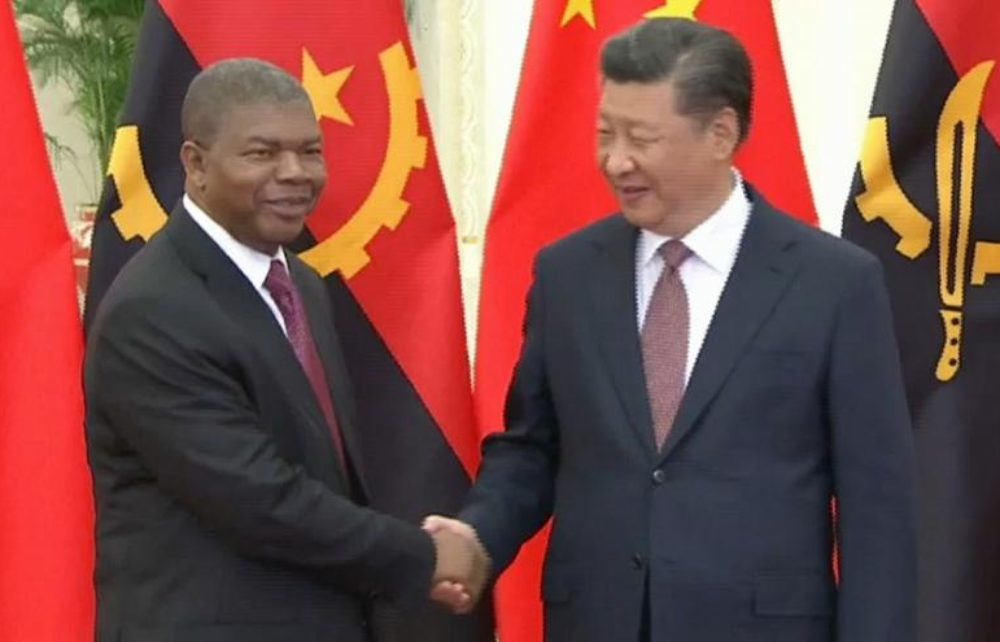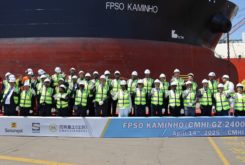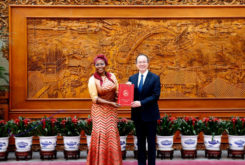China assisted in the restructuring of the crippling debt loads carried by some African countries, like Angola and Zambia, according to a new report by researchers from Johns Hopkins University.
The report, quoted by VOA, is based on a detailed evaluation of Beijing’s participation in the Debt Service Suspension Initiative, or DSSI, an international vehicle for developed nations to support struggling countries.
Despite some caveats, the report released last week by Deborah Brautigam and Yufan Huang from the China Africa Research Initiative found that overall, China “fulfilled its role fairly well as a responsible G-20 stakeholder.”
Angola accelerates plan to repay USD18 billion debt to China
The analysts added that China “did implement the minimum steps of the DSSI fairly well, communicating with other players, and following through on pledges.”
According to the available data, Chinese creditors accounted for 30 percent of all claims and contributed 63 percent of debt service suspensions in the countries that participated in the DSSI.
Brautigam told VOA that this was the first time the world’s second-largest economy had joined a multilateral initiative – a move one G-20 source called “miraculous.”
The study concluded that China might have achieved more during the DSSI if not for fears that countries would simply take advantage of any debt relief to repay other creditors.
In Zambia, the Chinese decided against suspending their debt payments while the country was still paying bondholders, but this didn’t happen in Angola, China’s largest African borrower with around USD 20 billion in debt to Chinese entities.
In that case, Chinese creditors provided 97% of the debt relief over the two-year period without asking for assurances that Angola wouldn’t continue making other repayments.
China Suspends USD 2.1 billion of Debt Service Payments from 23 Poor Countries
The study also showed how China’s banks and central government, despite the country’s top-down political structure, do not always act in unison. The fragmented nature of the Chinese system and bureaucratic hurdles often remain a barrier to debt relief.
Being part of the DSSI helped address that because it “pushed the Chinese government to align interests among fragmented banks and bureaucracies with conflicting goals. This process, still under way, is a necessary step toward full acceptance of the necessity for debt restructuring in the post-pandemic era,” the researchers found.
Ultimately, the study found, “the DSSI was a success in what some saw as its primary goal: to bring China into a multilateral, G20-supervised forum where Beijing has an equal voice.”




